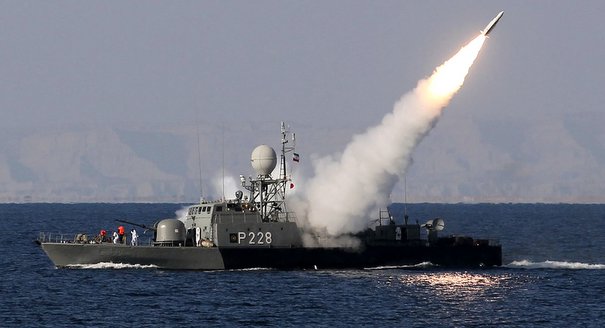Registration
You will receive an email confirming your registration.
IMGXYZ3722IMGZYXAs Turkey’s regional role evolves, so does its relationship with neighbors and in turn, its security challenges. The situation in Syria threatens Turkey’s stability and Turkish policy makers are striving to prevent the country’s implosion and descent into civil war. The nuclear threat from Iran challenges regional security and local actors look to Turkey and Western actors like NATO for guidance.
Carnegie Europe and Ekonomi ve Dış Politika Araştırmalar Merkezi (EDAM) organized a discussion of these issues in Istanbul, as the second of two one-day roundtable conferences in the “NATO's Future Role in the Middle East – the Turkish Perspective” initiative. Twenty-five experts on NATO, Turkey, and the Middle East explored the present day value of NATO for Turkey’s security and examined NATO’s potential role in the region in the context of the Arab Spring. The initiative was sponsored by NATO’s Public Policy Division.
